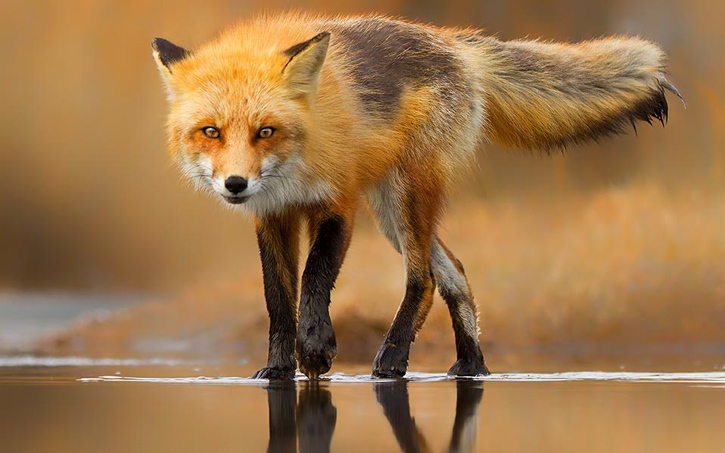Forum
Welcome Guest |
|
|---|---|
 Author Author |
Topic: |
|---|
| snoopy_hobbit |
|
||||||||
| King_Fingolfin |
|
||||||||
| Anthiriel |
|
||||||||
| Ithildin55 |
|
||||||||
| Celebrianna |
|
||||||||
| Elthir |
|
||||||||
| Charlie_RedLion |
|
||||||||
| Chocolatequeen |
|
||||||||
| cirdaneth |
|
||||||||
| Hercynian |
|
||||||||
| cirdaneth |
|
||||||||
| Cillendor |
|
||||||||
| Members Online |









 Elf-Life 2. Childhood and growth.
Elf-Life 2. Childhood and growth.

